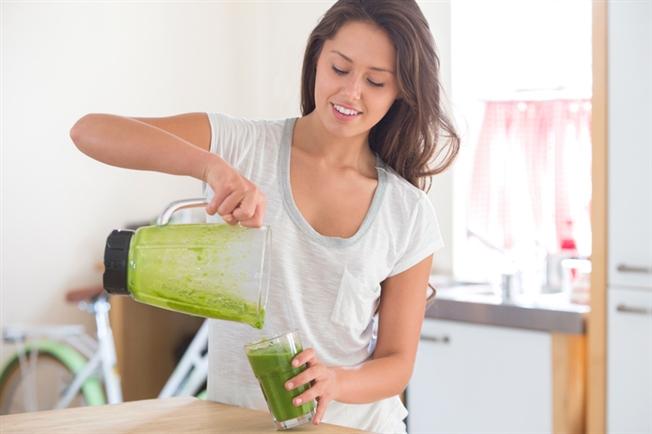Eating for exercise: Choosing foods to fuel your workout

One of the most important ways to stay healthy is scheduling regular workouts, but without the right diet, you could be sabotaging your sweat sessions.
“It’s important for us to remember that food is fuel. Our bodies rely on the foods that we consume to help us power through every part of our day, including our workouts,” explains Kristin Hock, RD, LDN, dietitian at the Main Line Health Fitness & Wellness Center at the Main Line Health Concordville. “If we’re not making smart decisions about what we put in our body, it’s going to be difficult to have the energy to make it through our workout—or our day.”
While you may be tempted by the promise of get-fit-quick supplements or drinks that promise to give you the energy you need to get you through the day, the truth is that the nutrients you need are often already in your kitchen.
Below, we explore the foods that should be on your list pre- and post-workout.
Pre-workout
“A pre-workout snack or meal should be high in carbohydrates, moderate in protein, and low in fat and fiber,” explains Bernard King, DO, family practice physician at the Main Line Health Center in Concordville.
The reason for this, explains Dr. King, is that protein helps build and repair muscle tissue. It has also been shown to reduce muscle soreness following a workout. Carbohydrates, on the other hand, are the body’s primary fuel source during a workout. They are quickly broken down and metabolized into energy, which help power us through longer cardiovascular workouts.
Although you can use this advice as a general rule of thumb, before you reach for any pre-workout snack, Dr. King offers a few go-to suggestions below:
- An apple or banana with one tablespoon of peanut butter
- Greek yogurt with a half-cup of berries
- Trail mix or a granola bar
When it comes to choosing a beverage, Dr. King says water is often the best choice, unless you’re headed into a serious sweat session.
“If you’ll be exercising for more than 90 minutes, a carbohydrate-rich sports drink can help keep your energy high and blood sugar levels steady,” he explains.”
Post-workout
You might feel like you’ve earned a big meal after a tough workout, but keep yourself from overdoing it just because you’ve exercised. Consider these tips when you’re refueling:
- Hydrate! It’s especially important to re-hydrate after your workout, so that you can replace any fluid that you sweat out during your workout. Keep drinking water throughout the day.
- Refuel the body post-workout with a mix of protein and carbohydrates. The protein consumed after a workout is important for rebuilding muscle tissues, while carbohydrates are necessary to replenish depleted energy stores. Some good snack choices include low-fat chocolate milk, a hard-boiled egg and whole-wheat toast, Greek yogurt with berries or whole-wheat toast with a tablespoon of peanut butter and banana. Keep in mind that a post-workout snack may not be necessary if you are heading into a meal.
- Choose colorful fruits and vegetables to reinforce a healthy immune system. Carrots, apples and blueberries are all good options.
- The optimal time to refuel is 15-60 minutes after a workout, so choose foods that will help your body recover. Keep in mind that post-workout recovery is an all-day process, so the choices that you make all day long will have an impact on future workouts.
- Nutrition is not based on a one-size-fits-all idea. Certain foods may settle better than others with you, so the best thing that you can do it test snacks out to see what works best for you. There are guidelines related to the timing, amount, and consumption of pre- and post-workout foods, but you are the best person to decide whether the fuel you are using is right for you.
“While it’s important to rehydrate and refuel after a workout, don’t overcompensate by eating more calories than you burned,” cautions Hock. “A workout shouldn’t be a ticket to indulge in anything. Choose your meals and snacks wisely.”
If you’re still wondering about how to fuel up before a workout, talk to your primary care doctor or a dietitian for suggestions.
 Content you want, delivered to your inbox
Content you want, delivered to your inbox
Want to get the latest health and wellness articles delivered right to your inbox?
Subscribe to the Well Ahead Newsletter.
